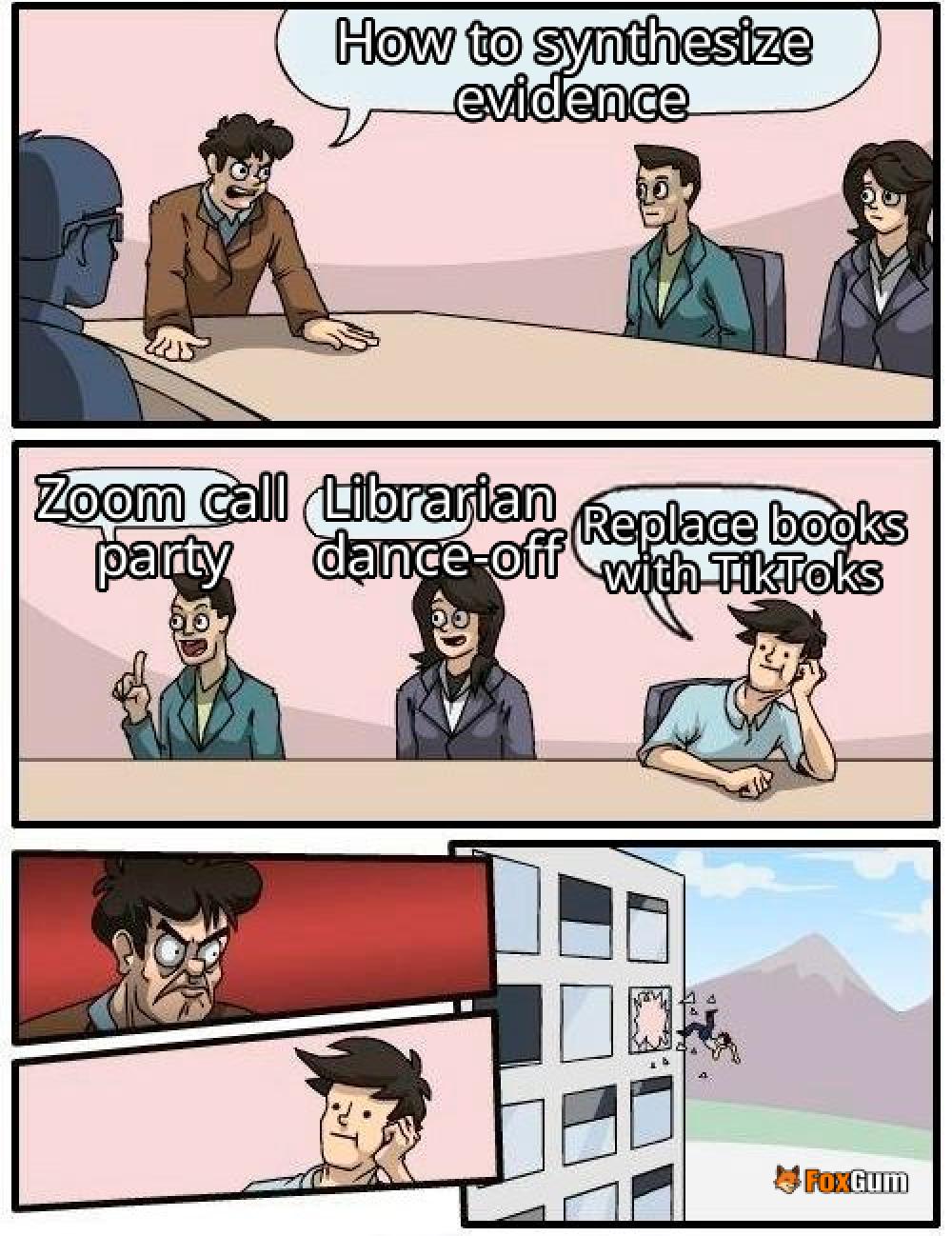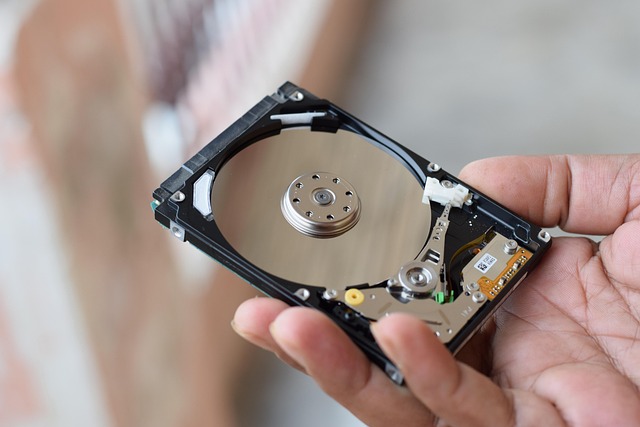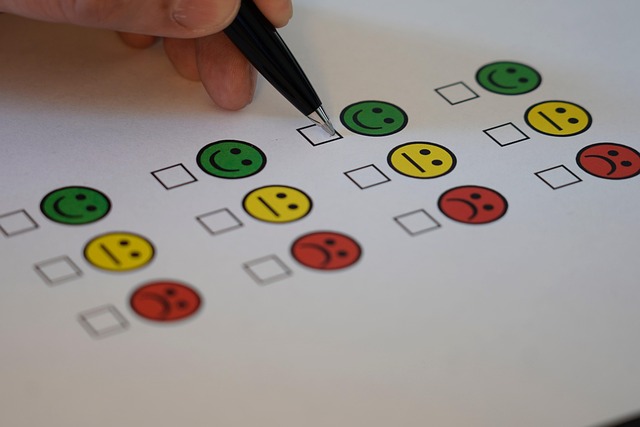
Developer Guide
Introduction
Contributing to open-source projects can be a rewarding experience for developers. Among various programming languages, Python stands out due to its simplicity and versatility. This guide aims to provide a structured approach for developers looking to contribute to the Python community.
Getting Started
Before diving into contributions, it is essential to familiarize oneself with the Python community and its guidelines. The first step for new contributors is to sign the Contributor Licensing Agreement (CLA). This agreement outlines the terms under which contributions can be made.
Understanding the Contribution Process
The contribution process can be broken down into several key steps:
- Familiarization: Review the official Python documentation and existing contributions to understand the codebase.
- Issue Tracking: Identify issues or features you would like to work on. The Python issue tracker is a valuable resource for this.
- Forking the Repository: Create a personal copy of the Python repository on platforms like GitHub.
- Making Changes: Implement your changes locally and ensure they align with the coding standards set by the community.
- Testing: Run tests to verify that your changes do not break existing functionality.
- Submitting a Pull Request: Once satisfied with your changes, submit a pull request for review.
Best Practices for Contributions
To ensure a smooth contribution process, consider the following best practices:
- Documentation: Always update or add documentation when making changes to the codebase.
- Code Quality: Follow PEP 8 guidelines for Python code style to maintain consistency.
- Engagement: Engage with the community through forums or mailing lists to seek feedback and advice.
- Patience: Be prepared for reviews and feedback, and be patient as maintainers may take time to respond.
Advanced Contributions
For those looking to make more significant contributions, consider the following:
- Standard Library Enhancements: Propose improvements or new modules for the Python standard library.
- Language Features: Participate in discussions about new language features and contribute to their implementation.
- Community Initiatives: Get involved in community initiatives that aim to enhance the Python ecosystem.
Conclusion
Contributing to Python can enhance both personal skills and the broader community. By following the outlined steps and best practices, developers can effectively engage with the Python project and make meaningful contributions. The journey may require effort and patience, but the rewards are significant for both the contributor and the community.

















 Space Efficiency of An Algorithm
Space Efficiency of An Algorithm 
 Health
Health  Fitness
Fitness  Lifestyle
Lifestyle  Tech
Tech  Travel
Travel  Food
Food  Education
Education  Parenting
Parenting  Career & Work
Career & Work  Hobbies
Hobbies  Wellness
Wellness  Beauty
Beauty  Cars
Cars  Art
Art  Science
Science  Culture
Culture  Books
Books  Music
Music  Movies
Movies  Gaming
Gaming  Sports
Sports  Nature
Nature  Home & Garden
Home & Garden  Business & Finance
Business & Finance  Relationships
Relationships  Pets
Pets  Shopping
Shopping  Mindset & Inspiration
Mindset & Inspiration  Environment
Environment  Gadgets
Gadgets  Politics
Politics 